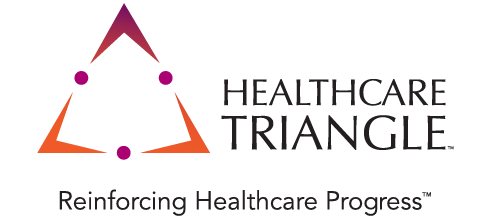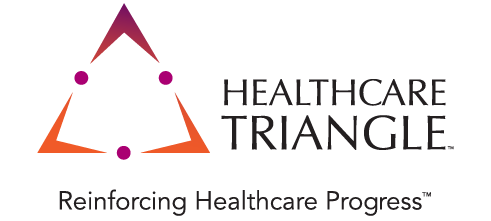How to Overcome Data Management Challenges in Life Sciences
Feb 24, 2023
In the life sciences, effective data management is a major factor in patient safety and successful research. Unfortunately, many organizations are relying on outdated methods to manage their large amounts of complex and dynamic data sets; leaving them vulnerable when it comes to compliance. To ensure success for themselves as well as others who depend on accurate information safeguarding – such as patients or clinicians – life sciences organizations must develop an informed data management strategy that will optimizes efficiency while maintaining strict adherence with regulatory legislation, like HIPAA and GDPR.
In this blog post, we’ll explore the key data management challenges and offer insights on how to overcome these issues by putting a strategy in place that makes your organization’s data management process more efficient and compliant.
Understanding the Challenges and Solutions of Data Management in the Life Science Industry
Manual compliance processes are one of the major data management challenges in life sciences. Manual processes rely heavily on entering and validating large volumes of data, which can be time-consuming, labor-intensive, and prone to errors. In addition, manual processes are often inefficient when it comes to collecting, tracking, and reporting regulatory requirements. To overcome these challenges, life sciences companies must turn to automation solutions that streamline the process of compliance and data management. Automation solutions can help automate tedious tasks, reduce errors, and provide real-time visibility into regulatory requirements. By automating manual processes, life sciences companies can ensure accurate compliance with regulations while saving both time and money. Automation can also provide greater efficiency and accuracy in data collection, analysis, reporting, and tracking, which helps improve overall business performance.
The cost of data management is a major challenge faced by life sciences organizations. Data management activities such as collecting, curating, storing, and analyzing large volumes of data significantly increase the cost of conducting research. Moreover, managing data in compliance with regulations and standards can be an additional financial burden. To overcome these challenges, organizations must develop a comprehensive data management strategy that focuses on cost reduction, efficient data storage and access, and compliance with regulations. Additionally, leveraging cloud-based technologies can help reduce operational costs while still ensuring the security and quality of data.
Data integration is one of the most significant data management challenges in life sciences. Data integration involves collecting, cleaning, and combining data from multiple sources into a unified repository or knowledge base. This can be especially difficult in life sciences applications, where there are often dozens of different sources with millions of records to integrate. To overcome this challenge, organizations should adopt a comprehensive data analytics platform that includes proper preparation, pre-processing, and the combining of different data sources. Additionally, organizations should invest in the right tools and technologies to maximize their data integration efforts.
Data security and governance needs must be understood for industries dealing with clinical data or sensitive health-related data. Automation technologies may be employed to help simplify and streamline processes – from storage to backup, as well as archiving and disaster recovery planning – while keeping in mind data confidentiality and compliance requirements. Organizations must make information more accessible while also safeguarding it because data security drives business success by making sure that all stakeholders have access to accurate and reliable information.
An ever-growing challenge that life sciences face is the lack of standardization of data management. From lack of unified data taxonomies to varying formatting and structured storage methods, inconsistent standards have created challenges for scientists in collecting, storing, sharing, and analyzing data. This often leads to siloed data that can’t be integrated across multiple sources and makes it difficult to draw meaningful insights from the data. To address these challenges, organizations should invest in next-gen solutions for data integration, management and analysis, and best practices for data collection, storage, and sharing.
Improving Data Management in Life Sciences
Data management in the life sciences is not optional. By optimizing the way, they manage and organize their data, these organizations can reap massive benefits, which include:
Increased efficiency
Reduced
costs
Improved
accuracy
Enhanced
security
Improved regulatory compliance
DataEzTM: HITRUST Certified Data Analytics & AI Platform for Data Management and Much More
Healthcare Triangle’s cloud-based DataEz platform offers highly modular, scalable, and API-driven solutions to enable AI engineering and data analytics for deriving meaningful insights out of your datasets. From ingestion to curation and discovery, as well as from analytics to modernization, the data analytics platform can support you every step of the way. With the modern microservices architecture in place, life sciences organizations can seamlessly handle structured and unstructured data, and data of any modality.
Ready to see how DataEz can help you overcome your biggest data management challenges?


